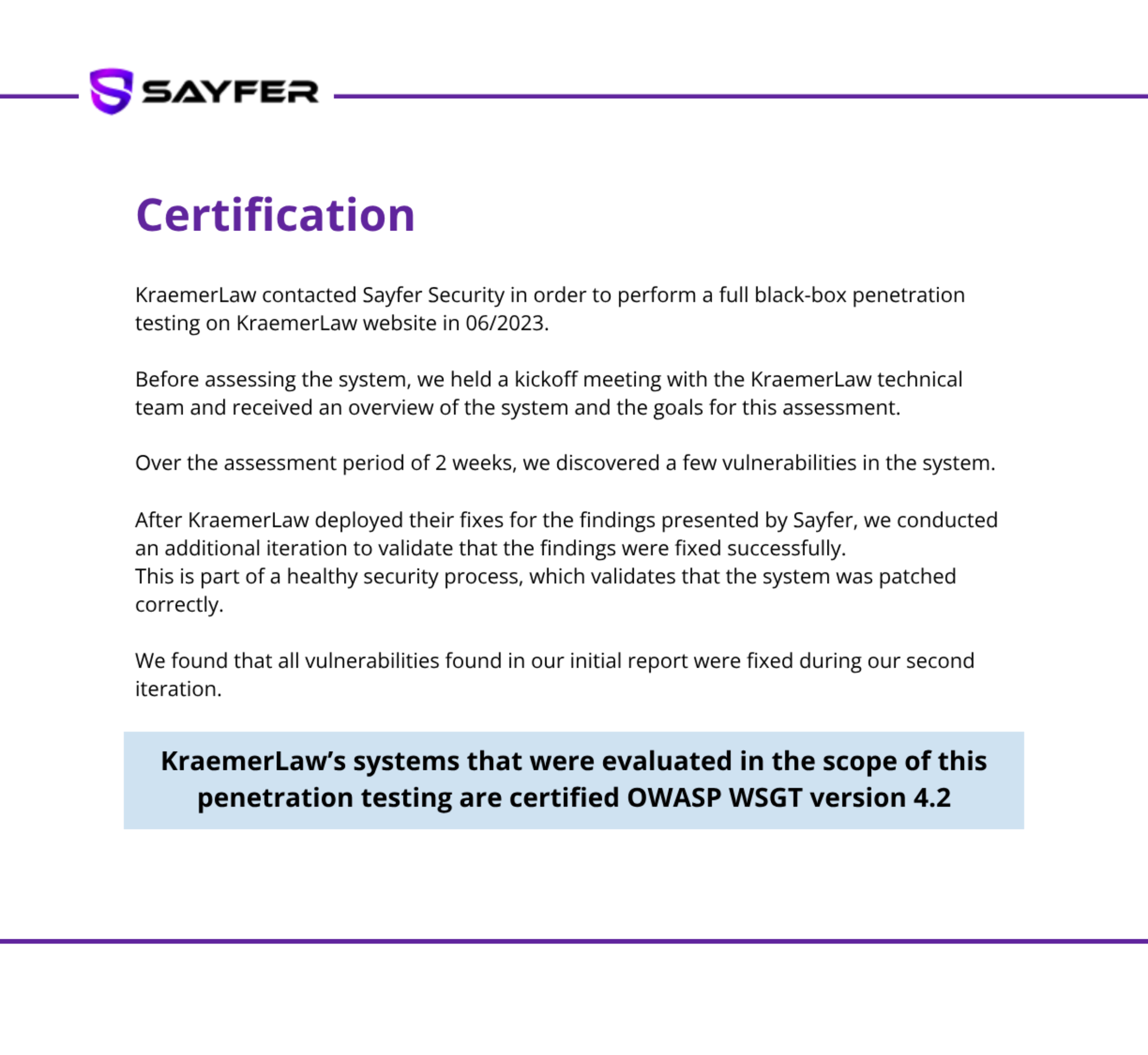Investing in Panama has become an increasingly popular option among businessmen and foreign investors looking to increase and amplify their capital gains. This is due to the country’s stable and growing economy, with low inflation rates and consistent GDP growth, as well as its constant development in infrastructure and human talent. This combination of attributes provides a business-friendly environment for companies and instills confidence in people.
In this article, we will discuss the most important reasons to invest in Panama, the main types of investments available and key tips to take advantage of the benefits this country has to offer.
Why invest in Panama
Panama has many attributes and benefits that make it an attractive investment destination for foreign and local investors, ranging from tax advantages to immigration options.
-
Strategic Location
One of the main reasons is its strategic location, serving as a commercial bridge between North and South America through the Panama Canal. It has an important participation in the national GDP, which in the last decades has been from 5 to 7%.
Additionally, areas such as Costa del Este stand out for their attractiveness for corporate offices and high-end residential projects, ideal for those who want to invest in Panama.
-
Stable economy
This is another of the most important reasons to invest in Panama, due to its constant growth and low inflation rates. According to the International Monetary Fund (IMF), Panama had an annual inflation rate of 1.5% during 2023, the lowest in the region.
-
Modern Infrastructure
Panama’s substantial investments in infrastructure, including modern transportation systems, the world-renowned Panama Canal and its 16 free trade zones, improve connectivity and logistics capabilities, appealing to American businesses looking to increase their reach.
-
Tax Advantages
Among the benefits of investing in Panama are tax advantages that include exemptions for certain types of income and a territorial tax system. This can offer financial benefits to investors trying to grow their capital gains.
-
Immigration Options
Investing in Panama can also be your pass to live in the country. You may be able to receive a qualified investor visa through financial participation in real estate or the stock market, including demonstrating a time deposit in an authorized Panamanian bank.
Type of investment available in Panama.
In the Panama market there are different investment opportunities for locals and foreigners. Some of the main investment options include:
-
Infrastructure Projects: Investors can participate in projects such as road construction, airport expansions, energy facilities, and telecommunications infrastructure. These projects offer the potential for both capital appreciation and steady returns.
In fact, according to the Ministry of Public Works, it is estimated that 79 government projects will be underway by 2025, including the Fourth Bridge over the Panama Canal.
-
Tourism and Hospitality: With a tourism industry that contributes 11% of GDP and generates around $5 billion annually, investing in Panama in hotels, resorts and hospitality services is a profitable option. The country’s natural beauty, cultural attractions, and the Panama Canal draw visitors from around the world, creating opportunities for businesses catering to tourism.
-
Financial Services: Panama has established itself as a leading financial center in the Americas, with 54 domestic and international banks that attract investors interested in banking, asset management and offshore services. Opportunities exist for those looking to invest in financial institutions, fintech ventures, and wealth management services.
-
Agriculture and Agribusiness: Panama’s favorable climate and fertile land make it suitable for agriculture investments. Opportunities exist in sectors such as coffee, cocoa, tropical fruits, and organic farming. Agribusiness ventures, including processing and export-oriented businesses, can also be consider.
-
Renewable Energy: The country has renewable energy potential, particularly in hydroelectric, solar, and wind power. Investing in renewable energy projects aligns with sustainability goals and can benefit from government incentives and growing demand for clean energy.
-
Real Estate: From residential properties to commercial developments and vacation rentals, in the real estate market you will find a variety of options to satisfy different objectives for investing in Panama.
Places like Panama City and Costa del Este, waterfront areas, highlands and emerging regions have potential for long-term growth and rental income generation, ideal for real estate investors.
Key tips for investing in Panama
-
Know the legal and regulatory framework
Before investing in Panama, it is important that you know the regulations and processes you will face so that you can operate correctly. The country boasts a business-friendly legal system that encourages foreign investment while making sure adherence to local laws. Investors have the flexibility to establish various types of legal entities, such as corporations (Sociedad Anónima – S.A.), limited liability companies (Sociedad de Responsabilidad Limitada – SRL), or branches of foreign companies.
It is important to follow the proper registration procedures, such as the submission of required documents, when forming a company. Panama provides protections for foreign investors through bilateral investment treaties (BITs) and international arbitration mechanisms.
Familiarizing oneself with labor laws, taxation regulations, intellectual property protection, and compliance obligations is critical. Looking for guidance from local experts in laws, accounting, and business consultancy is highly recommended to get the legal landscape effectively and guarantee regulatory compliance.
-
Research the market
Thorough research of the Panama market allows investors to gain clarity on investment dynamics, identify emerging opportunities and determine consumer preferences. By studying trends such as growth industries and economic indicators, you can identify potential options for investing in Panama and assess the demand for your products or services.
In addition, studying the competitive landscape in Panama helps investors identify existing players, their market share, pricing strategies, and distribution channels. This knowledge allows them to identify gaps in the market, and develop strategies to gain a competitive edge.
-
Conduct due diligence
Equally important is conducting due diligence on opportunities to invest in Panama. This involves verifying information provided by sellers, conducting site visits to estimate the status of assets (where applicable), and reviewing contracts and legal documents.
Financial analysis is another critical aspect that includes an evaluation of financial statements, revenue projections, profitability and return on investment potential, based on the realities of the Panama market.
-
Evaluate and mitigate risks
![Entrepreneurs assessing options for investing in Panama]()
First, to invest in Panama it is important to estimate economic and political risks by closely monitoring factors such as inflation rates, currency fluctuations, government policies, and geopolitical events. Understanding the potential impact of these factors on the business environment allows investors to proactively anticipate and adapt to changes.
Second, Panama market research should be conducted to examine risks and the current situation. By gaining a full understanding of conditions, such as demand volatility and emerging trends, investors can strategically position themselves and develop effective differentiation strategies in the competitive landscape.
Financial risks, such as liquidity, capital requirements, and cash flow management, should also be carefully evaluated through thorough financial analysis and stress-testing, which can identify how best to react to different scenarios, such as economic crises or stock market crashes. This enables investors to identify potential vulnerabilities and establish appropriate financial reserves.
Developing strong mitigation strategies for operational risks, including production, supply chain management, and workforce, is fundamental to investing in Panama.
To address compliance risks, investors should establish rigorous internal controls, conduct regular audits, and foster a culture of compliance within their organization. Also, implementing effective security measures to mitigate cybersecurity threats, protect intellectual property, and guarantee physical security is of paramount importance.
Developing customized risk mitigation strategies, diversifying investments, and obtaining adequate insurance coverage further improves the protection of investments. Regular monitoring and reassessment of risks, along with consulting advice from local experts and industry associations, enable investors to invest in Panama effectively.
-
Establish Networking and Partnerships
Networking and alliances are important for investing in Panama, as they intend to establish a solid presence and take advantage of local knowledge and resources.
On one hand, actively engaging with local business networks, industry associations, and chambers of commerce is paramount. By attending business events, seminars, and conferences, investors can connect with professionals, entrepreneurs, and potential partners in Panama. These networks foster collaboration, facilitate the exchange of knowledge, and enable the formation of valuable connections within the Panamanian business community.
On the other hand, it is important for investors to develop relationships with government agencies and investment promotion organizations. These entities provide valuable information, incentives, and support to foreign investors. Establishing contact with entities such as the Ministry of Commerce and Industry and ProPanama can provide guidance on investment opportunities, understand the legal requirements, and facilitate connections with potential partners in specific sectors.
Engage Professional Assistance
To embark on a successful investment journey in Panama, don’t hesitate to contact Kraemer & Kraemer today. We are knowledgeable professionals ready to help you move into the Panamanian business environment, guaranteeing that you establish a solid foundation for long-term success.
Take the first step and reach out to us or send us a note to info@kraemerlaw.com to unlock the potential of investing in Panama.
Related pages:





